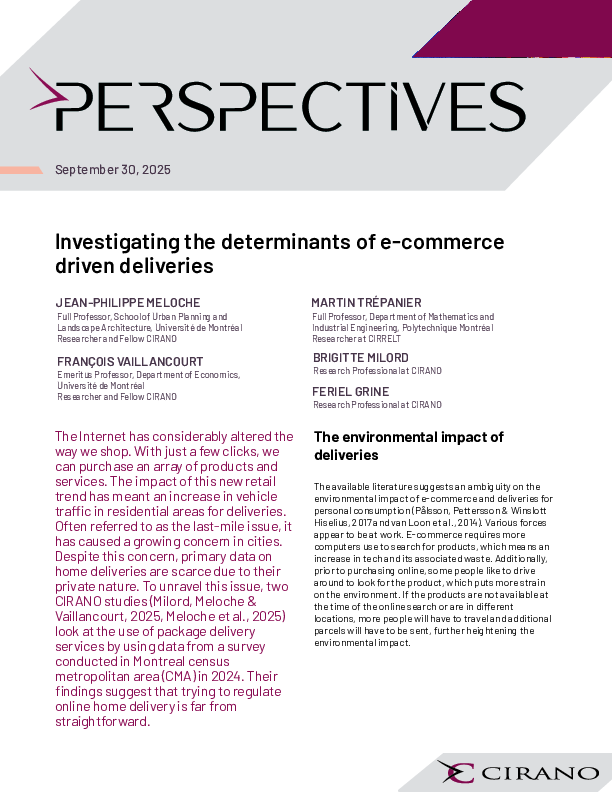Saving household production-cum-consumption time: implications for international trade in trash
This paper revisits trade theory under the Gossenian theme that consumption takes time. We show how the substitutability between time-intensive household-produced consumption goods and time-saving commercially produced consumption goods (which save households’ consumption and production time) together with capital accumulation can lead to an increase in trash and in international trade in trash. The applicability of the standard gains from trade theorems is shown to be compromised by the externalities associated with international trade in trash between North and South. Under some parameter values, South is better off under autarky than under free trade in trash and the gains from trade by North is not sufficient to compensate South’s loss from trade.




